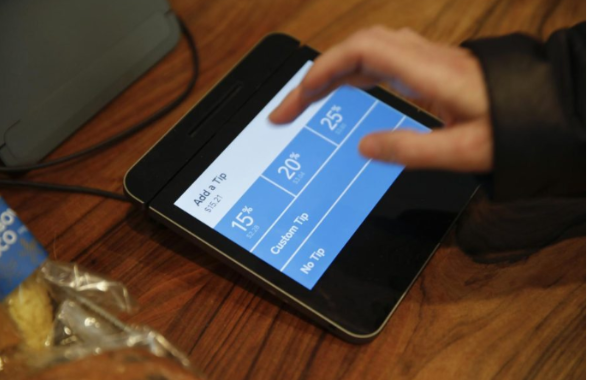World Cup causes controversy
Brazil was optimistic coming into the year 2014 as the World Cup host but the glory quickly became overshadowed by controversy.
According to Forbes Magazine, Brazil spent an estimated $14 billion for preparations with $3.6 billion paid by taxpayers, making it the most expensive World Cup to date.
When FIFA (Fédération Internationale de Football Association) announced that Brazil would be hosting the Cup back in 2007, citizens grew hopeful that it would boost the economy and attract more tourists to the beautiful area. It also became the first South American country to stage the event since Argentina in 1978, bringing great pride to the country of Brazil.
Now looking forward however, schools are being shut down and Brazilians have publically rebelled against the Cup as it has impacted the economy in a negative way.
In a recent Pew Research Center survey, more than 6 in 10 Brazilians objected to the World Cup because it diverts government funding from other priorities including schools, health care, and public services.
Many people around the world are concerned about the possible interference the protesters may create during the Cup’s events and the effect it may have on the approaching 2016 summer Olympics in Rio.
After much of Brazil’s money was put into hosting the Cup, the question remains, will there be any money left over to create an Olympic environment with top-notch training and living facilities?
Putting both the Olympics and World Cup in Brazil’s hands was a daunting task. The costs of hosting two world events have been astronomical. The events have interrupted daily business activity, creating a major loss of revenue for shops around the city.
Another issue regarding the negative impacts of the Cup is on the amount of tourism in 2016. With the controversial news dampening the image of Brazil, it is highly probable there will be a lower attendance rate than expected when the Olympics opening ceremony finally rolls around.
Though no one knows yet how protesters and economical struggles will affect the Olympics, the future seems to point south. Hosting two elaborate sporting events are not worth detrimental consequences to an entire country.
According to analysis Barbara Mattos, the Cup will generate only 0.4 percent of additional gross domestic product for Brazil over the next 10 years.
Lastly, looking at the last Cup’s host in 2010, South Africa has yet to face an improvement to its economy after the event. The World Cup is not going to help Brazil’s economy, it’s going to further damage it.
Brazil has to face reality during the next few years as the summer Olympics grow closer. The government needs to listen to the people’s concerns and attempt to fix the situation before it spirals out of control. Otherwise, the Olympics may have more press about politics than the winners of each medal.











